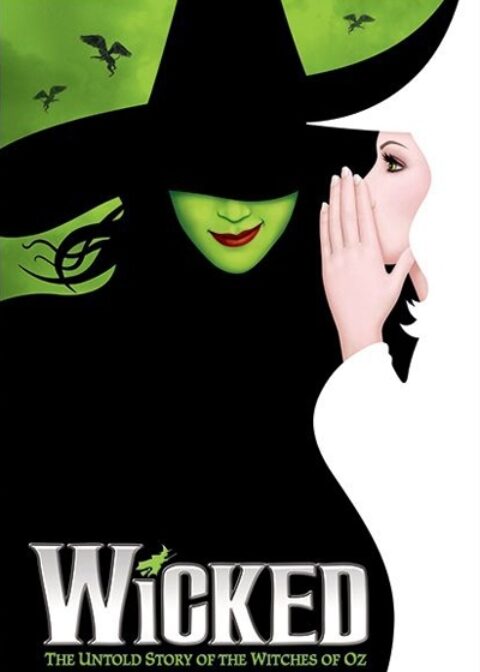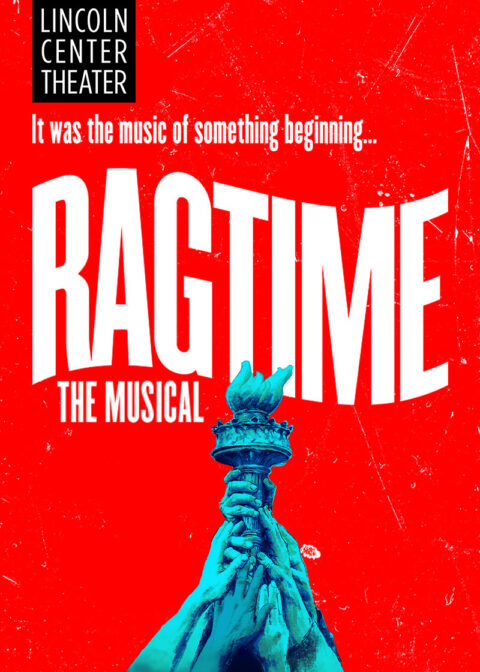Focus on Broadway Ticket Broker practices and strategies and why Ticket Brokers are bad for Broadway theatre
Broadway Ticket Brokers (also known as ticket resellers, aftermarket sellers, secondary market ticket brokers or 3rd party ticket brokers) have long been around hawking their services. So too has the double edged sword of the value they bring to consumers and Broadway.
Ill feeling about the ticket brokers' practices is nothing new. Philip Henslowe, who built the Rose Theatre in London, England in 1587, complained of the injustice that "tickets to William Shakespeare's plays had been bought and resold for a profit - by parties unknown - he deemed this in effect a monetary theft from him and the performers". Henslowe reportedly leveraged his relationship with King James I and had the ticket brokers arrested. Modern ticket brokers perform a near identical process, but with the advent of new technology things have now changed - Asking us to consider, is there now any REAL value for a ticket broker in the modern market, specifically a Broadway ticket broker?
The Value of the Broadway Ticket Broker
The Broadway ticket broker has performed a valuable role in keeping the Broadway ticket machine lean and active. In some senses they have improved Broadway show business by allowing certain demographics access to tickets that they might not have gotten otherwise.
In the past Broadway ticket brokers have bought a great deal of ticket inventory, sometimes keeping a Broadway show afloat long enough for it to see success. The ticket broker also helps the ticket engine achieve Fair Market Value (FMV). People who choose to wait till the last moment can still buy tickets for popular events, although the demographic of this buyer is skewed richer and lazier (in terms of buying tickets anyway) as they can afford to be.
The Negative Side of the Broadway Ticket Broker
With the limited amount of tickets available for Broadway shows (some theaters are just over 500 seats), Broadway ticket brokers can manipulate the FMV by cornering the market and drip feeding ticket inventory back to the masses. The practice is not illegal, but clearly unethical, especially from the Broadway producer's perspective, who takes all the financial risk and is robbed of well-deserved profit.
Fair Market Ticket Value Manipulation
When a Broadway theatre has a limited amount of seats available, there are many opportunities for FMV manipulation. Some Broadway theatres are little over 500 seats, which means that it would only cost a ticket Broker $30,000 to buy all the seats to a popular performance (e.g. Saturday night near a holiday). The reality is that it would be hard for the broker to do that as other people may be buying tickets too, but as long as those other people are not brokers too, opportunities for market manipulation are strong.
Broadway Ticket Grosses
The Broadway ticket grosses chart is the ticket broker's bible. The broker will focus their actual ticket investments on 3 types of shows. Shows that are 100% sold out, shows that are or nearing 100%, or shows that have the potential to be 100% sold out. It's these shows, where ticket inventory is low, that offer the most potential profit with little risk.
Ticket Broker Buying Practices
The Broadway ticket broker must buy tickets at the lowest rate possible to be able to maximize profits on resale. Sometimes the ticket broker will take a chance on a new Broadway show, as presale offers are often favorably priced.
Common buying practices of the broker include:
- Buying Broadway tickets at a group rate and selling them individually
- Buying tickets early and taking chances on a show's success
- Leveraging pre-sale offers, Amex Gold preferred seating offers and Visa Signature Broadway ticket offers
- Buying the best value orchestra seats, ideally right next to the premium seats, to maximize profit
- Buying lots of tickets to popular shows that have a small theatre and/or a celebrity cast member
- Buying partial view seats and selling them as full view
- Buying every available ticket to a specific show's performance to corner and manipulate that show's FMV
Ticket Broker Selling Practices
- Common ticket broker questionable selling practices include:
- Drip selling ticket inventory from a sold out show, holding the ticket inventory until the last minute to maximize profits
- Offering tickets for sale that they don't have, then buying directly from the box office or another ticket broker and selling them on to their client at a profit
- Developing a network of ticket scalpers that can unload unsold tickets on the street if tickets do not sell
- Linking with other Broadway ticket brokers to artificially control a vertical Broadway show ticket market, especially popular shows on holidays
Occasionally the ticket broker will make a loss on a ticket sale, especially if there is a catastrophic event, such as a flood, power outage etc. Sometimes the broker will even absorb the cost of a ticket rather than sell at a loss as selling at a loss may make the ticket market collapse - it is in all ticket brokers' interest to not let that happen on any show.
When a Broadway show starts to cool off, the Broadway ticket broker will still sell tickets for that show, but they will do blind selling (i.e. they will sell a show without owning the ticket and buy it later and pass it though to their client). Little does their client know that they could have circumvented the broker and gone directly to the approved ticket outlet. Ticket brokers also leverage personal relationships to garner advantage. They pay good money for no-questions-asked tickets from theatre production staff and have been known to align themselves with producers and backers of a show to gain favor in terms of bulk buying a particular Broadway show that may need to raise capital quickly.
What is the ultimate goal of the Broadway Producer?
The goal of the every Broadway producer is to achieve fair market value for their Broadway show tickets without market manipulation or brand damage and keep the theatre full. Of course Broadway producers still want to make as much money from their production as possible, but only to FMV levels, as the producer cannot afford long-term damage to the brand or reputation from FMV manipulation.
The ticket broker, however, has no interest in either of these controls and is happy to manipulate the market as much as possible to maximize return.
Potential Solutions To The Problem
Ideally, a highly efficient ticket sales system would automatically cut out ticket brokers as no arbitrage would exist.
One example of this is Progressive Ticket pricing which has been tried out at a few theatres but remains an oddity rather than the norm.
In this system, prices for tickets are determined by how well tickets are selling. Popular nights go up in value, quiet performances stay low.
This solution is however far from ideal as it can be manipulated by brokers who push up the prices for particular performances, just to sell them later for profit.
Other potential solutions include:
- Drip feeding ticket sales - Offering only 10 ticket sales a day to popular shows on popular performances will control market manipulation.
- Making tickets non-transferable IE. Printing the buyers name on tickets - Airline tickets have never had a problem with brokers pushing the prices around for their own benefit. Producers should consider printing names on tickets and checking government ID against them for entry.
- Borrowing more from the airline industry, charge one price for non-transferable tickets and another for transferable "broker" tickets.
- If the ticket goes unused, then charging the buyer an extra premium after the show (Stops brokers trying to manipulate the market)
- Source IP sales, limiting the source IP address to only 10 Broadway ticket purchase per day.


